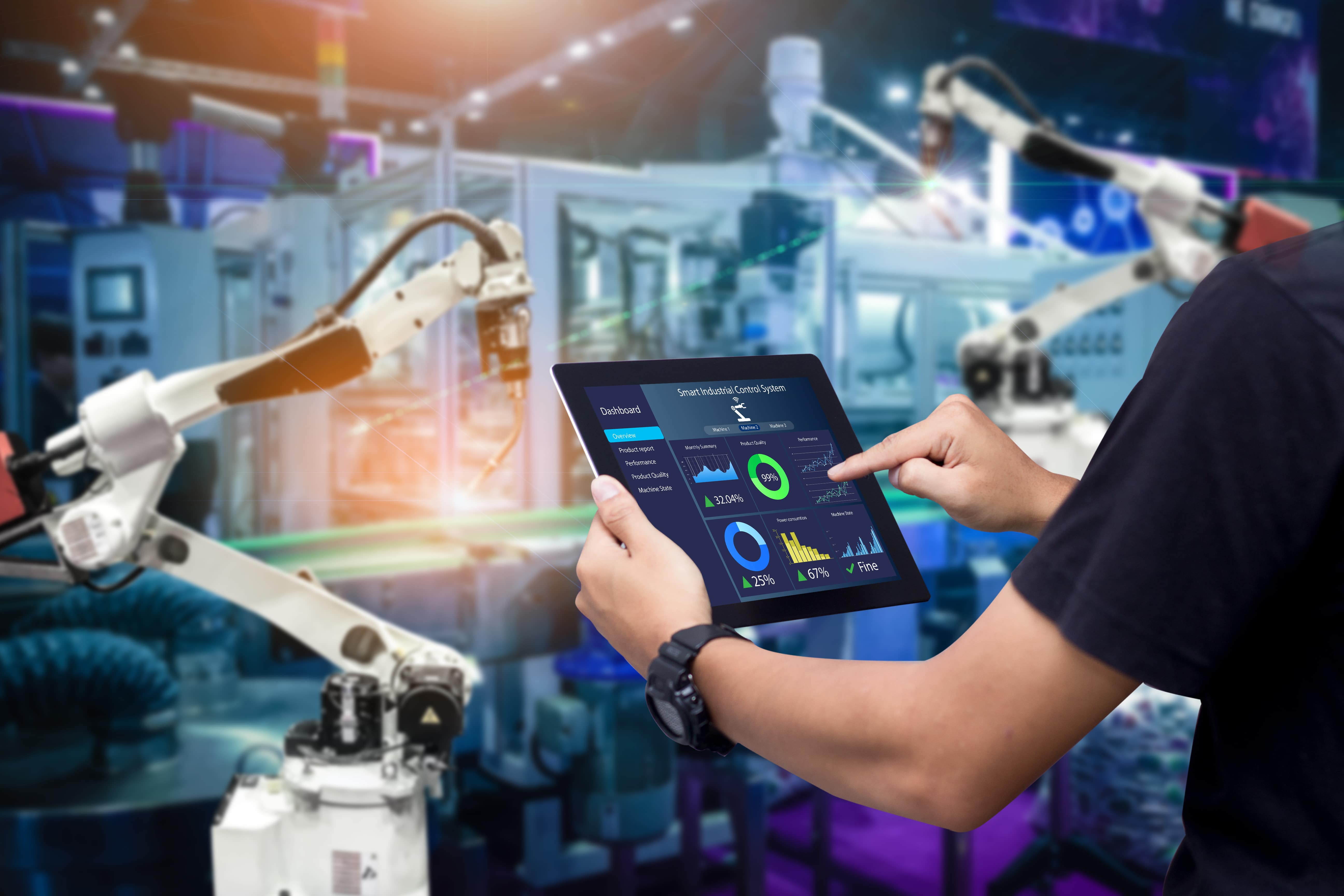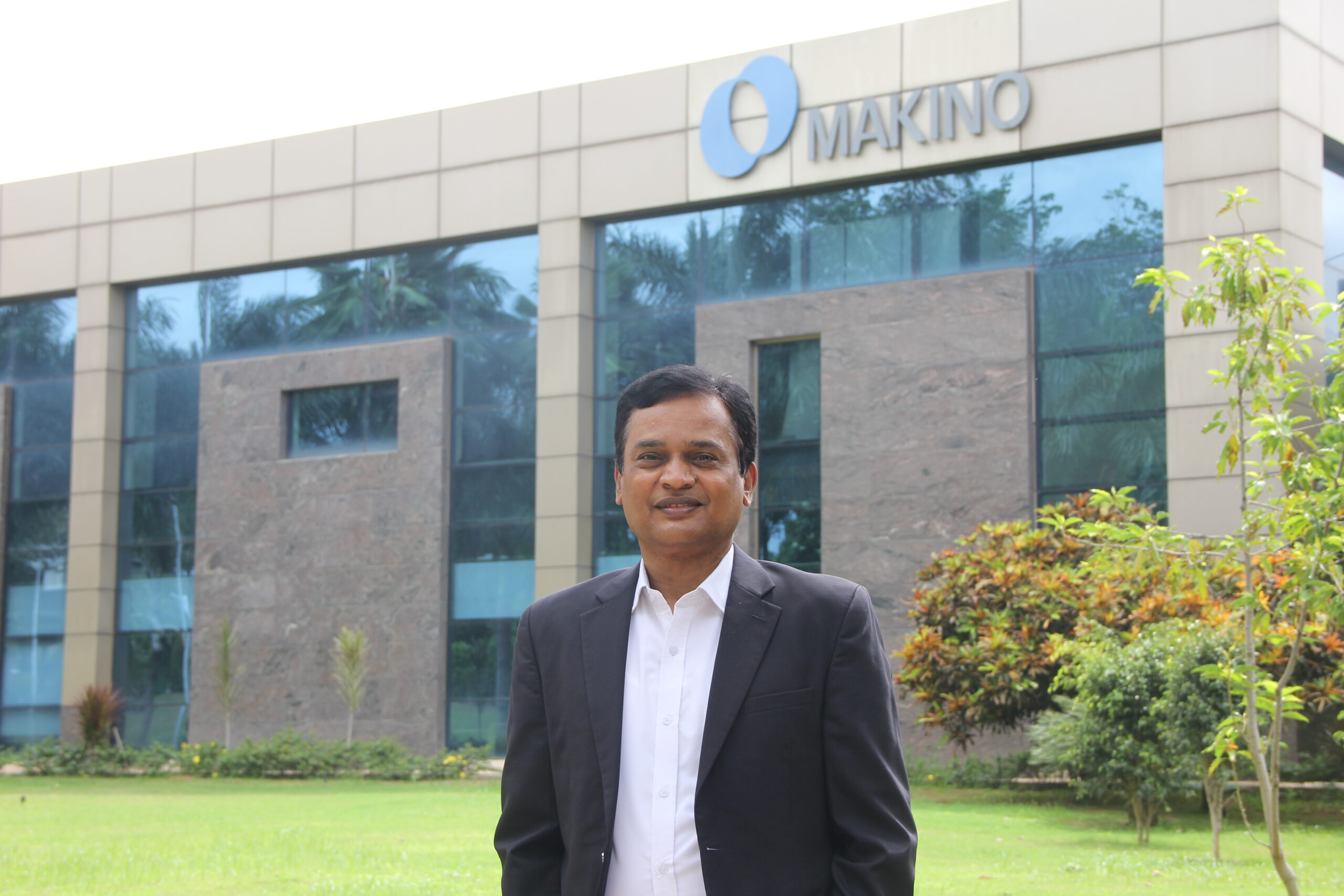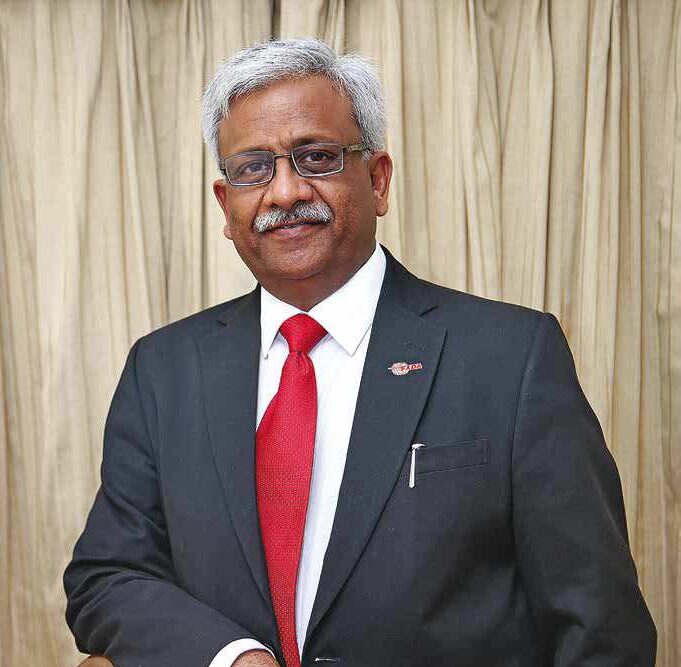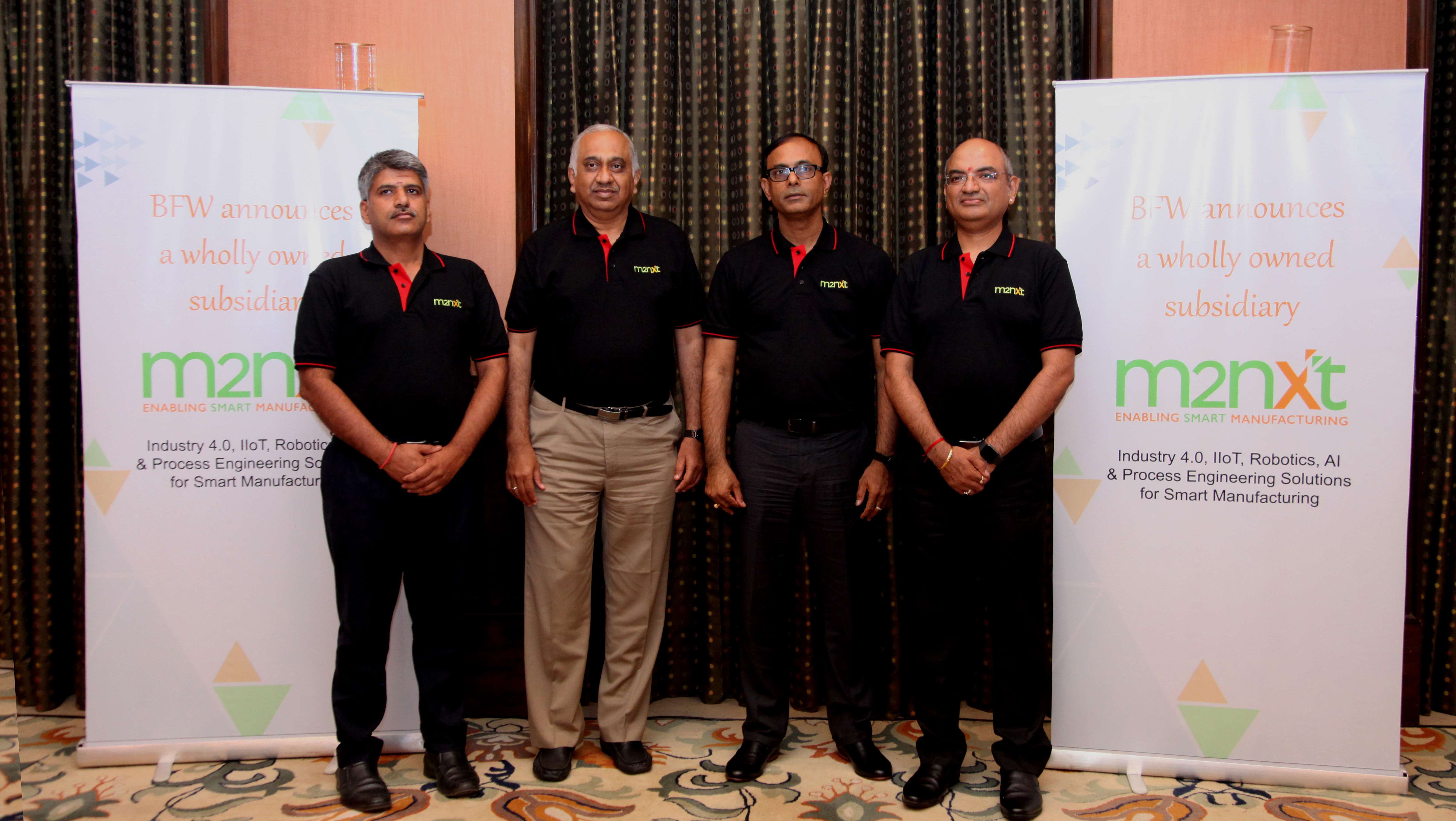Big Data in production and platforms for SMEs

Technology cluster it‘s OWL launches new projects
The processing of large amounts of data and the platform business in the industrial environment are two of the major challenges that digital transformation brings with it for companies. In the “Industrial Automation Platform for Big Data” and “Digital Business” projects, companies such as WAGO Kontakttechnik and Weidmüller are researching solutions for medium-sized businesses. The projects started in December 2018 and will be implemented over the next two years as part of the top cluster it’s OWL – Intelligent Technical Systems OstWestfalenLippe.
To remain competitive, companies must increase the intelligence in their products and production processes and develop new customer access. To this end, companies and research institutions from OstWestfalenLippe are jointly developing new basic technologies, reusable solution patterns and software libraries in the technology network it’s OWL. With the support of the state, federal government and the EU, a total of 200 million euros in projects are to be launched by 2022. 50 percent of the funds will come from industry. In a first step, five projects with a volume of 15 million euros will be implemented starting in December 2018. The main topics are machine learning, Big Data, digital twins, digital platforms and the working world of the future.
Challenges of the digital transformation
Initially, it’s OWL’s projects were aimed at further expanding its technological leadership in the core markets of mechanical engineering, electrical engineering and automation through innovative projects. The question of what is technically possible has long been the focus of attention. “From a technology perspective, we have been very successful in recent years in paving the way towards Intelligent Technical Systems. But the digital transformation means more: it is also about changing business models and handling large amounts of data in an industrial context. This is why these topics are moving further into focus alongside classic engineering topics,” says Prof. Roman Dumitrescu, Managing Director Research and Development at it’s OWL, explaining the cluster’s new focal points. “We want to emerge as winners from digitisation and not lose touch with global developments,” Dumitrescu continues. In the area of platforms, one of the cluster’s goals is to explore the potential for small and medium-sized businesses and make it accessible to small and medium-sized companies. In the two lead projects “Industrial Automation Platform for Big Data” and “Digital Business”, the possibilities for this are to be systematised first and further approaches developed.
Preparing large amounts of data and developing new services
In the digitalised factory, different systems deliver vast amounts of data every day. No matter whether sensors of a machine, a plant or data from commercial systems – the range of available data is diverse, large and confusing. There is enormous business potential in the systematization and interpretation of this data. This must also be used by the manufacturing industry to remain competitive. B2C companies such as Google or Facebook have been demonstrating for years how data analysis can become an important part of the business model.
“In the project we want to explore, define and systematize the path of the data from the field, i.e. from the individual sensors, into the platform,” explains Jörg Timmermann, Spokesman of the Executive Board at Weidmüller Group. “At present, there are no reliable architectures for this data transport and the subsequent data backup. The readability and comparability of the data also plays a role,” continues Timmermann. The aim is not to develop a product that competes with large platform providers such as Siemens MindSphere or Microsoft Azure. Rather, the aim is to enable companies to participate in the platform market.
A platform for an industrial company must be able to solve complex problems. Therefore, an individual, versatile solution is necessary – exactly fitting for the respective company as operator of a plant. Essential requirements are, for example, securing IP and security, automation of integration and access control, support of the relevant business models and integration of heterogeneous data sources.
In the it’s OWL project “Industrial Automation Platform for Big Data”, the requirements for individual IT platform solutions are researched and IT components developed with which data can be collected, transported and stored in production systems as required. From this, data-based services that are necessary for the efficient operation of a machine, plant or production are to be designed. Examples include software for production control or a system for energy monitoring. In addition, procedures that make use of artificial intelligence, such as predictive maintenance, predictive quality or condition monitoring, are also to be developed.
The project develops the architectures, technologies and software functions required for the establishment and operation of appropriate services. The individual companies implement different pilot applications that demonstrate the process mechanisms of automated data acquisition. The companies Benteler, KEB, Lenze and Weidmüller are involved in the project. As such, the project partners represent the entire value-added chain of industrial production: from component manufacturers to machine manufacturers and machine operators. The project is supported by Fraunhofer IEM (Paderborn) and IOSB INA (Lemgo), Paderborn University and the Ostwestfalen-Lippe University of Applied Sciences.
Platforms offer new access to customers and markets
Another project of it’s OWL indirectly builds on this: “Digital Business” focuses on generating added value from the systemised data obtained and developing successful business models.
In order to remain competitive and generate revenues beyond the mere sale of products, manufacturing companies must increasingly integrate their products with services. Digital platforms enable them to offer an end-to-end solution from order entry to production and logistics. This requires innovative solutions that offer customers added value and thus generate an adequate willingness to pay. For the companies, however, entering the platform business is difficult and involves numerous questions.
“We don’t want to be surprised by platforms in an industrial environment, but we want to help shape them,” says Jürgen Schäfer, Managing Director Sales WAGO Kontakttechnik, about the project participation. “Together, we want to look at the platform market explicitly from the perspective of the medium-sized companies, recognize the commonalities and make use of them”. This is exciting for everyone. After all, they are moving from the pure hardware business to a completely new level – that of digital business.
The aim of the project is to unlock the potential of digital platforms for companies. This involves determining which market services are suitable for the platform business, how existing platforms can be used and what changes need to be made in companies. Based on a platform radar, different reference platform strategies for medium-sized companies will be developed. A guideline is to support companies in developing their individual strategy. In addition, Rollenprofile and organisation-related structures required for setting up a platform will be developed as part of the application design.
With WAGO Kontakttechnik, Denios and GEA, companies along the entire value-added chain from component manufacturers and typical medium-sized companies to large machine and plant manufacturers are again participating in the research. From the scientific community, Fraunhofer IEM and the Paderborn University are involved.
Transfer to SMEs
The results and experiences are incorporated into it’s OWL innovation platform and made available to the cluster companies. Events and specialist groups offer opportunities for information and exchange. Small and medium-sized companies can use the findings in transfer projects funded by the state in cooperation with a research institution to solve concrete challenges in their operations. Technologies and fields of application are made clear in demonstration centres and laboratories.
About the Leading-Edge Cluster it’s OWL
In the technology network it’s OWL – Intelligent Technical Systems OstWestfalenLippe, more than 200 companies, research institutes and organisations develop solutions for intelligent products and production processes. With support of the State of North Rhine-Westphalia, projects worth EUR 100 million will be implemented between 2018 and 2023. The focus topics are artificial intelligence, digital platforms, digital twins and work 4.0. Named as one of the Leading-Edge Clusters by the Federal Ministry of Education and Research, it’s OWL is considered to be one of the largest Industrie 4.0 initiatives for SMEs. Over the last seven years, it’s OWL has established itself as a driver for competitiveness of the manufacturing industry in OstWestfalenLippe.





